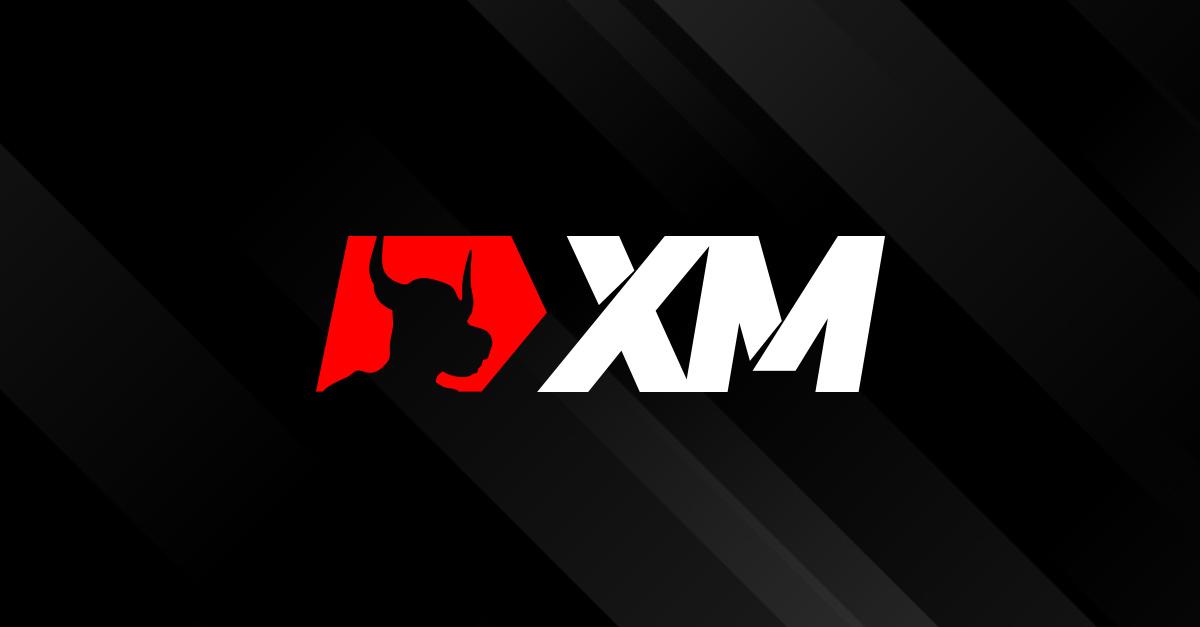U.S. turns economic screws on Turkey
The Turkish daily Milliyet on Wednesday quoted Lindow as saying that "if the Turkish parliament waits it will be too late. I fear that if they wait more than about a week, the money involved in the ongoing negotiations will leave the table."
Milliyet said Lindow’s statement was "like an ultimatum."
Turkey’s population is overwhelmingly opposed to a war against Iraq and on March 1 parliament rejected the stationing of as many as 62,000 troops in Turkey for an expected Iraq invasion.
Turkey’s new government is expected to resubmit a troop authorization measure to parliament and it could be approved next week. U.S. officials have told Turkey they want approval by Monday, March 17, the date by which the U.S. had hoped it would receive U.N. authorization for military action against Iraq.
President George Bush and Ambassador Robert Pearson have urged Turkey’s new prime minister, Recep Tayyip Erdogan, to press for early parliamentary approval. Erodgan heads the governing Justice and Development (AK) Party that holds 363 seats in the 550-member parliament. Erdogan supported the previous motion that was rejected.
After the narrow defeat of the troop authorization measure, unidentified U.S. officials were quoted in the media as saying they hoped a crash in the Turkish markets would shock lawmakers into reconsidering their votes. The market plunged 10 points on news of the vote and loss of the anticipated cash infusion, but it soon recovered.
The markets were buoyed when the government announced details of its proposed 2003 budget and after Juha Kahkonen, the IMF representative in Turkey, expressed happiness with the budget proposals.
Several days ago, the World Bank applied economic pressure on Turkey. The bank’s representative to Turkey, Ajay Chhibber, harshly criticized the budget, saying it was too harsh on farmers and on the poor. His criticism causing shock and an uproar, since the IMF had praised the same budget. Chhibber later called Turkey’s minister of the economy, Ali Babacan, to apologize. Throughout the episode Turkey markets remained steady.
Turkish media noted that the director of the IMF, Horst Koehler, is German and Germany opposes an Iraq war. The of the World Bank is an American, James D Wolfensohn.
Despite lack of formal authorization, the U.S. continued to unload military equipment and prepare logistics bases in Turkey. Mounting tension over the heavy U.S. military presence resulted in a demonstration at the port in Iskenderun Wednesday morning.
Several hundred leftists, many of them waving flags of the Turkish Communist Party, gathered at a port gate and chanted, "Yankee, Go home!" Police and soldiers confronted the crowd and fired warning shots in the air to disperse demonstrators.
CNN Turk reported that several protesters were arrested. The crowd later marched down the road that fronts the port area. A spokesman for the Turkish Communist Party told the press that "Turkey is under invasion."
CNN Turk also reported that more than 70 trailer-trucks carrying U.S. vehicles and equipment left Iskenderun port Wednesday morning. Turkish media reported that a secret agreement was signed on February 8, permitting U.S. combat troops in Turkey and approving logistics bases in nine cities.
Anger over the U.S. troop presence spilled over into parliament on Tuesday in name-calling and a shoving match. Milliyet said a brief scuffle broke out when opposition lawmakers of the Republican People’s Party (CHP) introduced a motion to investigate the lack of formal authorization for the unloading of U.S. military vehicles and supplies at the ports of Iskenderun and Mersin.
One lawmaker called the governing Justice and Development Party "American slaves" and "American henchmen."
Parliament was recessed, order was restored and the motion was defeated. (GVNews.Net Crisis Capsule)


